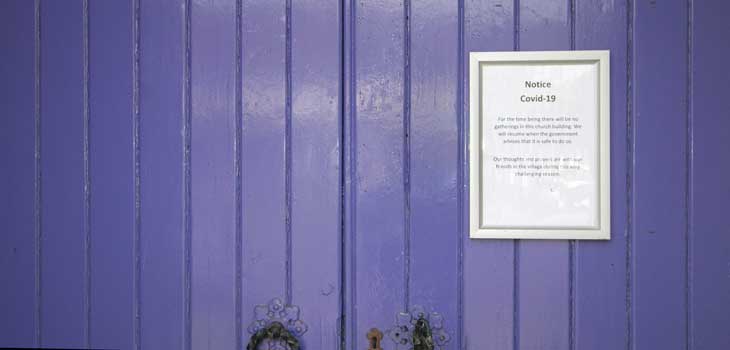
With news that civil actions against the Department for Health and Social Care have already been commenced arising from its management of the response to the coronavirus, the investigation of many individual COVID-19 deaths is likely to give rise to significant controversy. A large proportion of the work in England and Wales falls upon the Coroners’ Service, which has been ably assisted by clear, well-reasoned and helpful guidance provided by the chief coroner.However, identifying which COVID 19 deaths are unnatural—and thus require coronial investigation and inquest—is not straightforward. It is likely to give rise to a number of challenges.
Deaths caused by exposure in work give rise to the greatest difficulty. Clinicians and care workers have already died of the disease. When deciding whether or not she has a duty to investigate, a coroner must do so if she has reason to suspect that the death was contributed to by some human error.









